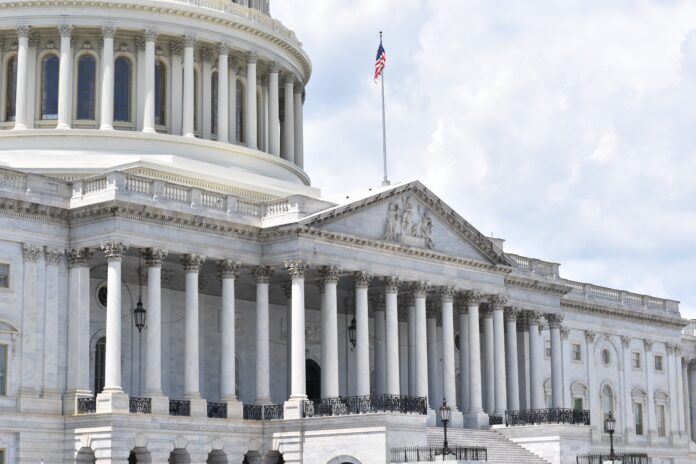
By Stacy M. Brown, NNPA Newswire Senior National Correspondent
Most U.S. adults believe colleges should be allowed to consider race as part of their admissions process.
However, an Associated Press-NORC Center for Public Research poll also indicated that only some people think race should play a significant role in the final decision.
These findings are critical as the Supreme Court is currently deliberating the fate of affirmative action in higher education.
The May poll, which surveyed a diverse range of participants, demonstrated that 63% of respondents believe the Supreme Court should not prohibit colleges from considering race or ethnicity during admissions.
Remarkably, the poll found that this sentiment was not significantly divided along political or racial lines, indicating a broad consensus on the issue.
While respondents supported considering race in admissions, they placed greater importance on factors such as grades and standardized test scores.
Sixty-eight percent of adults stated that race and ethnicity should not be a significant factor in college admissions decisions.
This preference for academic merit over racial considerations was consistent across different demographic groups.
The poll results suggest that Americans support affirmative action as a policy, even if its future remains uncertain.
The Supreme Court appears ready to rule on lawsuits challenging the admissions systems of prestigious institutions like Harvard University and the University of North Carolina.
With a conservative majority on the court, many college leaders are bracing for a decision that could potentially limit or eliminate the use of race in admissions.
Interestingly, Americans’ views on race in admissions align with the practices colleges claim to follow.
Many colleges, particularly selective ones, assert that race is just one of the numerous factors considered when selecting students for admission.
They emphasize that race is not a dominant influence but can occasionally provide an advantage to underrepresented students in close decisions.
College administrators defend this practice, asserting that racial diversity benefits all students by fostering a diverse and inclusive learning environment.
The poll shed light on the uncertain landscape of race-conscious admissions, as the extent to which colleges consider race in their admissions processes remains unknown.
Notably, nine states, including California, Michigan, and Florida, have outlawed the use of race in admissions.
Among all respondents, 13% believed that race should be a very or extremely important part of the admission process, while 18% considered it somewhat important.
Black and Hispanic adults expressed a stronger belief in the importance of race in admissions compared to other racial groups.
The poll also revealed similar attitudes toward considering gender in admissions. Only 9% of adults regard gender as very important, with 14% perceiving it as somewhat important.
Men and women shared similar views regarding the role of gender in college admissions.
By contrast, most Americans (62%) believed that high school grades should carry substantial weight in admissions, with 30% considering them somewhat important.
Nearly half of the respondents indicated that standardized test scores should be highly important.
Historically, the Supreme Court has upheld affirmative action in its decisions since 1978.
The ongoing lawsuits against Harvard and UNC accuse these universities of discriminating against white and Asian students. However, lower courts have upheld the admissions systems of both schools.
The poll also examined the significance of other factors in college admissions, such as athletics and family ties.
Interestingly, most Americans believed that athletic ability should have little influence on admissions (9% very important, 29% somewhat important).
Some participants believed family ties should be a significant factor in the admissions process.
Legacy preference, the practice of granting preferential treatment to the children of alums, has faced criticism in recent years for allegedly favoring wealthy, white students.
Some prestigious institutions, like Amherst College and Johns Hopkins University, have discontinued this practice.
If the Supreme Court strikes affirmative action, some experts speculate that more colleges will follow suit and abandon legacy preferences, thereby removing potential obstacles for students of color.
The poll also gauged public confidence in the Supreme Court as a whole. Following the court’s controversial Dobbs decision last year, which overturned Roe v. Wade and allowed states to impose severe restrictions on abortion, confidence in the court has diminished.
The poll found that only 12% of Americans expressed great confidence in the court, while 48% had some confidence, and 39% had hardly any.
As the Supreme Court deliberates its decision on affirmative action, the poll results indicate a nuanced perspective among Americans.
While there is broad support for considering race in admissions, it is clear that most individuals prioritize academic factors and want to avoid race being a determining factor in the final admissions decision.


